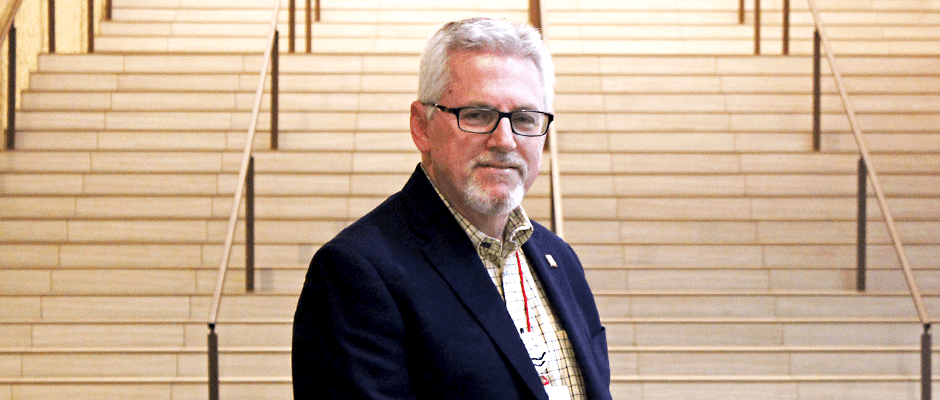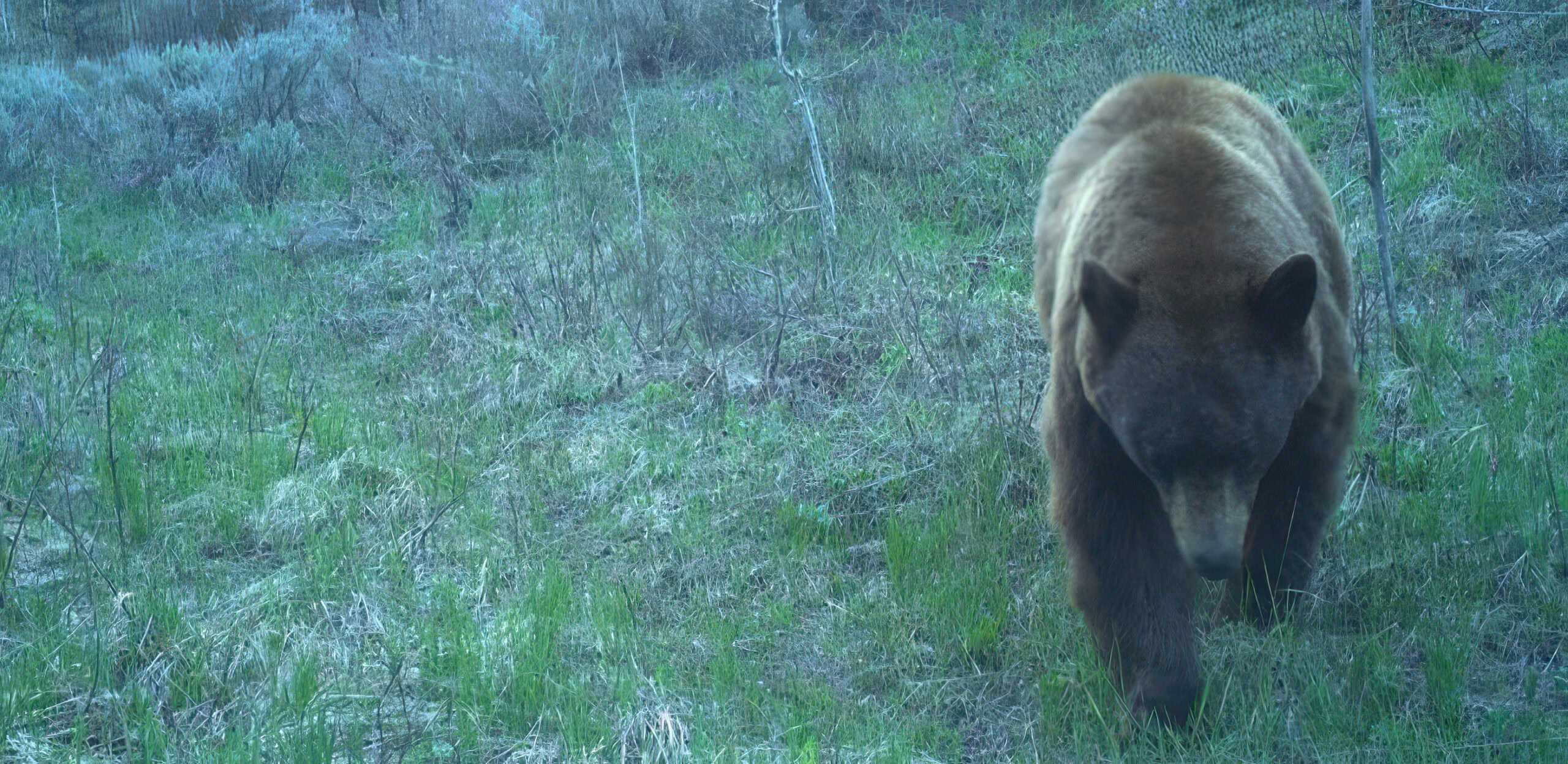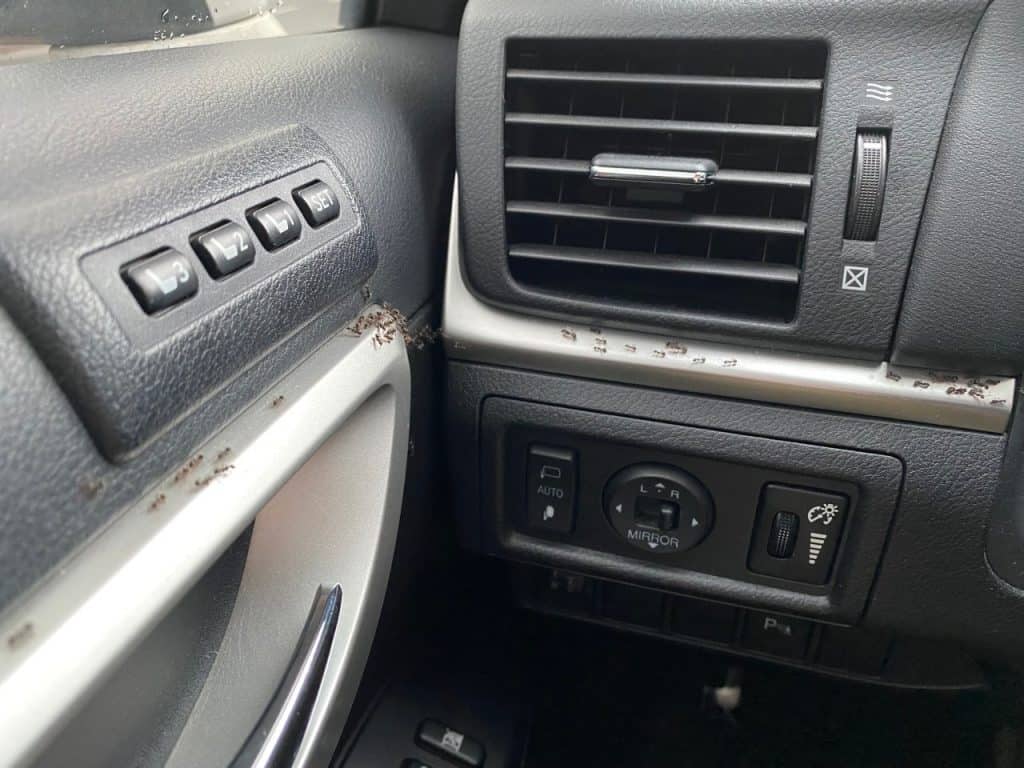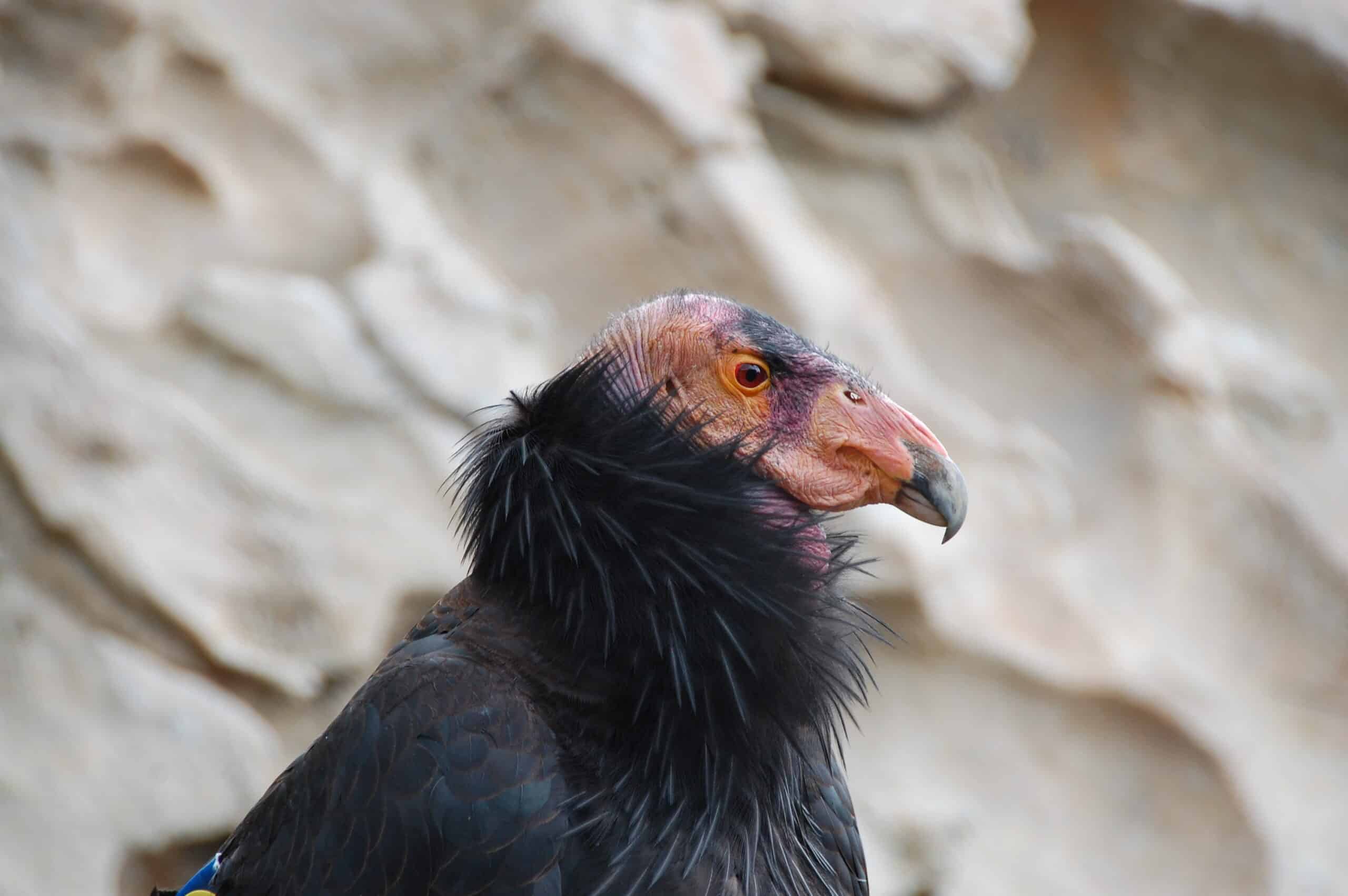Share this article
For Penn State prof, joining TWS is his lesson for students
When a new semester arrives at Penn State University, professor Cal DuBrock makes a round of the school’s natural resource classes with a pitch. Whether it’s forestry, fisheries or wildlife, he says, join the professional society in your field.
“Put up your hand if you give a damn about your profession,” he tells the students.
All hands go up.
“Now, how many of you are members of The Wildlife Society?” he asks.
Most hands go down.
“If you’re committed to your profession,” DuBrock asks them, “why aren’t you a member of your professional society?”
DuBrock comes across as a natural teacher, but he’s a relative newcomer to the field. He spent 32 years with the Pennsylvania State Game Commission, the last 23 as director of wildlife management, before retiring. In 2015, he was named the Goddard Chair in Forestry and Environmental Resource Conservation at Penn State, a unique position that combines public outreach, teaching and academic work for a term of up to six years.
A member of The 1,000, the group of TWS members who give at least $100 annually to the Society, DuBrock arrived at the TWS Annual Conference in Albuquerque, New Mexico, last month with four students from Penn State’s Student Chapter. He’s the group’s faculty advisor, and he wanted to introduce them to the opportunities the conference holds for students and to encourage them to urge others to come next year.
But if students are serious about their future careers, he says, they should also join the parent society of TWS.
“By joining, you’re putting yourself out there,” DuBrock said. “You’re showing your commitment to the organization. You’re showing your commitment to the code of ethics and what the Society stands for and what the profession stands for. It provides you an opportunity to get information that helps develop you as a professional. It expands your network, and I think it’s a resume builder as well.”
That’s important, DuBrock said, because after they graduate, wildlife students face a competitive market. Each year, hundreds of students graduate from wildlife programs across the country and they find themselves vying against each other for a limited number of jobs.
“In that kind of competitive market, you’ve got to do things that set you apart,” he said. “We try to encourage them to do those things that will enhance their resume, enhance their skillset and make them a valuable member of the profession. Joining a professional society is one of the ways they can accomplish that. At the same time, they build their resume, build their networks and enhance their chances for great opportunities for the future.”
“I tell them, there’s always a place for the very best,” DuBrock said. “You just need to decide to be the very best, work diligently at that and get involved professionally.”
Header Image: For Penn State professor Cal DuBrock, joining TWS at the national level is part of his lesson to students. He came to the 2017 Annual Conference with four members of the school’s Student Chapter. ©David Frey








